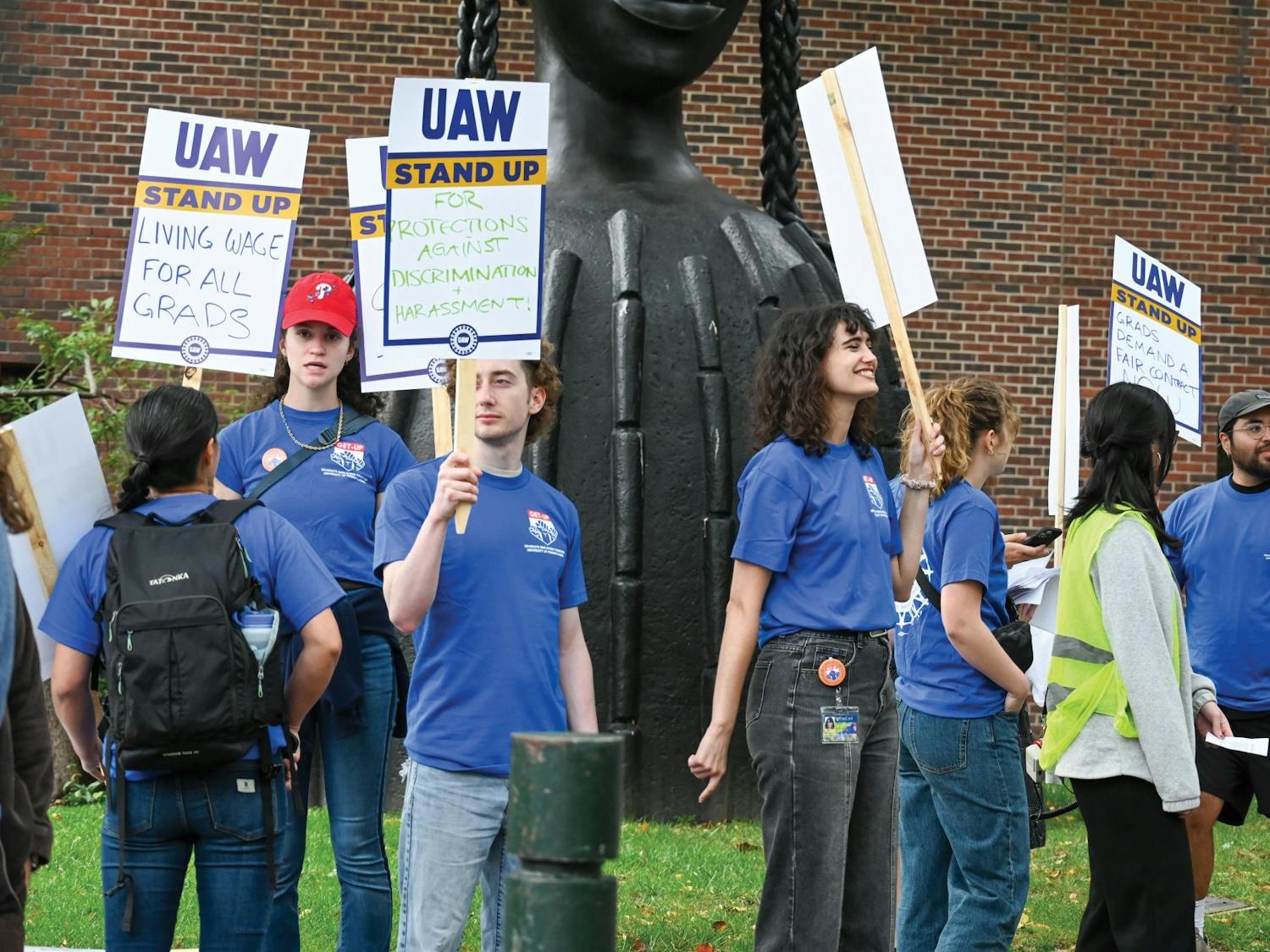Wharton faculty members approved a "revolutionary" new MBA curriculum yesterday, which officials say may serve as a model for graduate business schools across the country. According to Wharton Graduate Division Director David Reibstein, the "curriculum concept" keeps Wharton's traditional management focus, but broadens the scope of the program to emphasize experimentation and interdisciplinary cases. Reibstein said last night that the new curriculum continues the school's trend of being at the cutting edge of business education. "[The new curriculum] is fabulous, it is the best thing that has happened in a long time," Reibstein said last night. "A large number of schools are looking at what we are doing and it may change the direction of MBA curriculum everywhere." The new curriculum has been two years in the making, since the Graduate Curriculum Committee was formed in 1989. The committee has student and faculty representatives from all Wharton departments. The new curriculum will be tested in two MBA divisions -- called cohorts -- next semester. As programs prove successful, they will be incorporated into the regular curriculum. The curriculum will continue its traditional teaching style of the "case method" -- applying learned knowledge to specific real-world examples -- but will dramatically change it by making the cases cross subject borders to areas like management, statistics, and marketing. In addition, the school's core will be augmented with experimental new courses -- possibly in geo-politics, operations management, government/legal environment, and technology. Each experimental course will incorporate various new focuses including international perspectives, ethics and environmental issues. Also, each course in the new curriculum will teach "people skills." A pre-entry program will be expanded to give MBA candidates a minimal level of understanding in computing, mathematics, economics, accounting and statistics. According to reports released by Wharton, the committee made the suggestions based on changes in the marketplace that warranted curriculum revision. The committee and various advisory boards suggested greater emphasis in the areas of global perspective, leadership, communication and interpersonal skills. Committee member and second-year MBA candidate Cris Brookmyer said she was excited that "for once [the curriculum] sets about a kind of flexibility to have continuous improvement and experimentation offline with the capability to bring success online." "I definitely think it is the most radical change at any of the top business schools since people began using the case method," said first-year MBA student Peter Lee. "It gives Wharton a huge competitive advantage since it is what recruiters are looking at." Lee added that "what we have now isn't bad. What we will have will definitely catapult and maintain us in the number one ranking for a long time."
The Daily Pennsylvanian is an independent, student-run newspaper. Please consider making a donation to support the coverage that shapes the University. Your generosity ensures a future of strong journalism at Penn.
Donate







